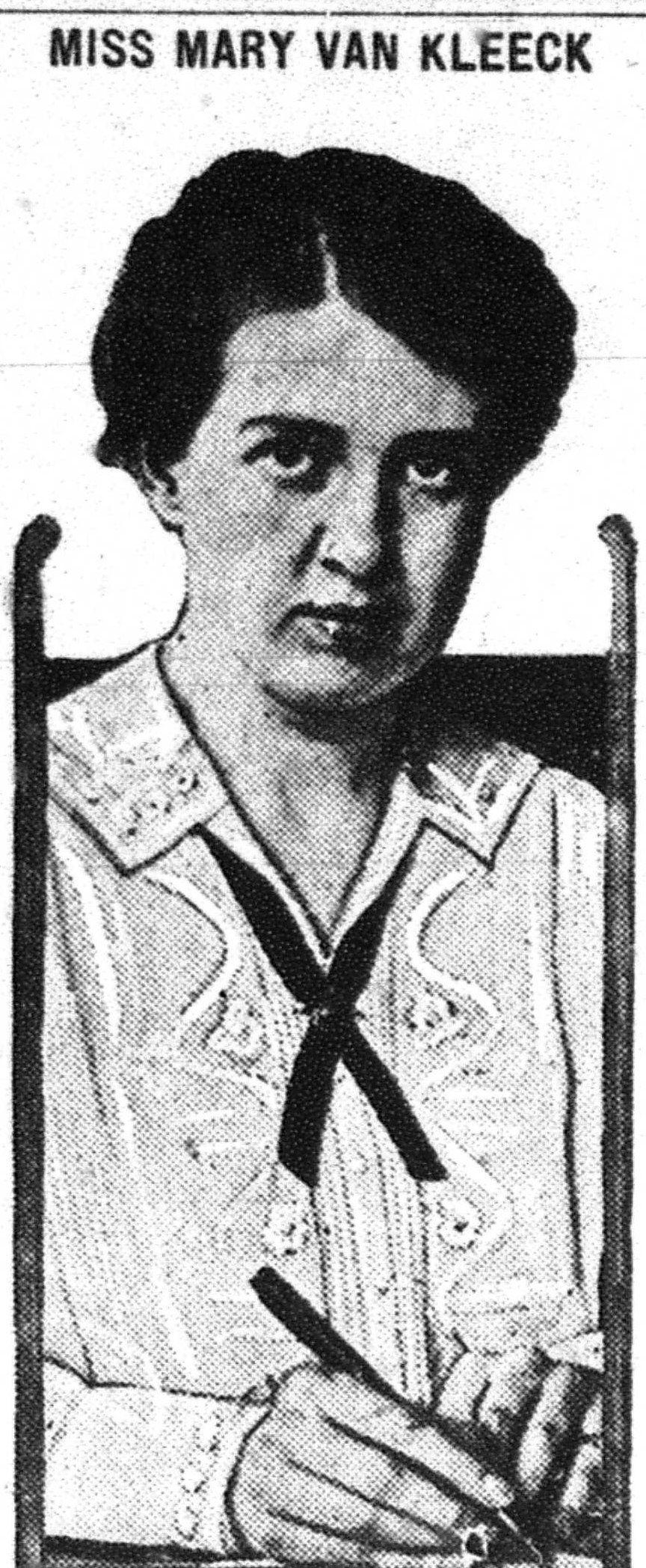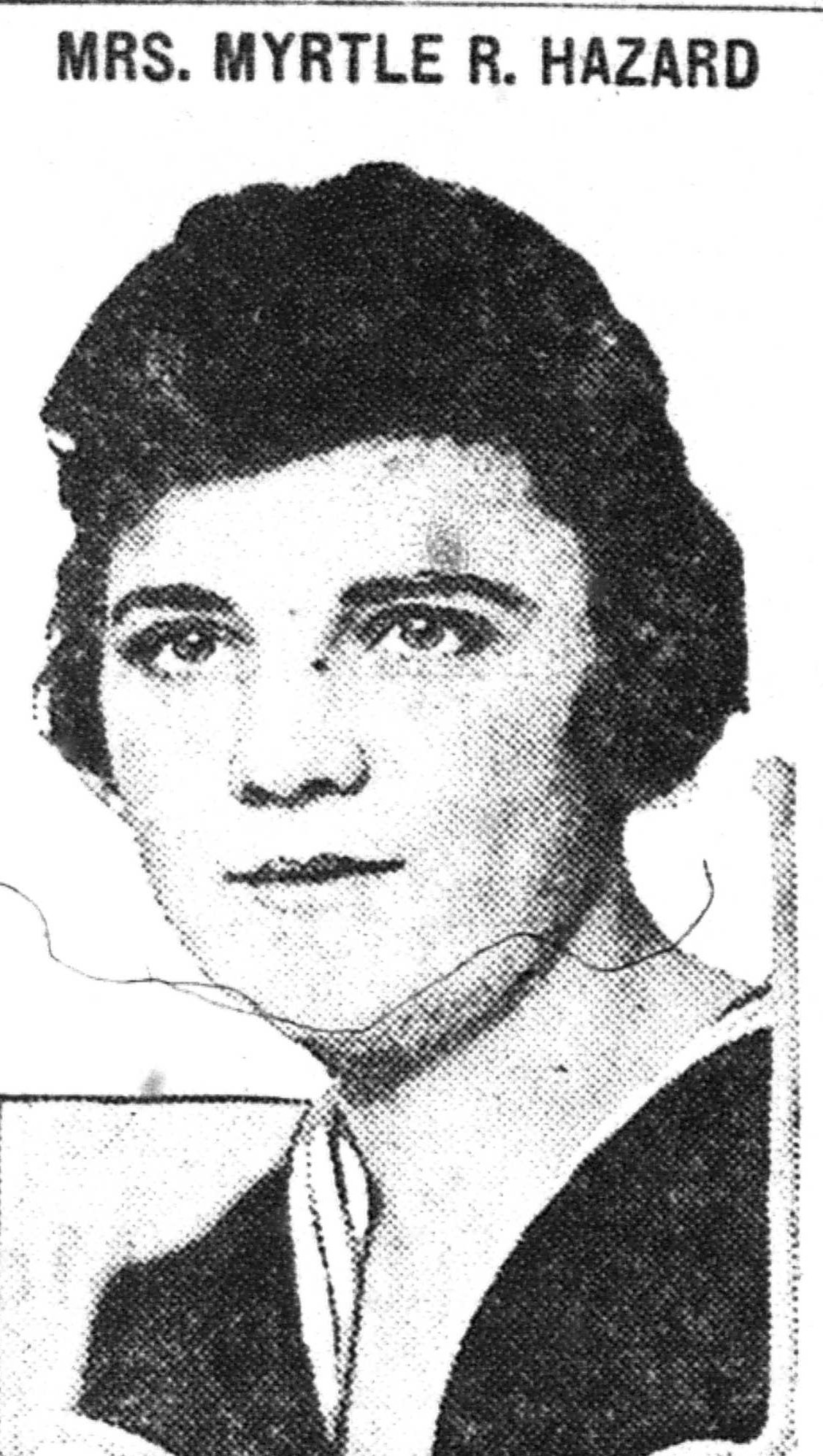WWI — A startling discovery, women in the workplace

 By Sandy Vasko
By Sandy Vasko
Being an old equal rights amendment worker, I can tell you that the issue of women’s role in the workplace is not a new one. It seems to me that the greatest strides in this area came when society as a whole valued what women could offer.
In times of war, this issue quickly comes to “the front.” (pun intended, of course) We all know of Rosie the Riveter, but she was only following in the footsteps of the previous generation.
During the 19th century and the first decade and a half of the 20th, women’s roles in the workplace were strictly defined. Married women could not work, with a few rare exceptions. One of those exceptions was the Matron of the Soldiers’ Widow’s Home. But even that was controlled by Society in that it would be most improper to have a man in charge of the personal affairs of women and children.
The reason that school teachers were almost always young girls is that once a girl married, she was no longer eligible to teach. The same rule applied to nurses.
On March 1, 1918, all of that changed when the federal government made this announcement: “Miss Mary Van Kleeck, in charge of a new women’s division in the War Department, will be responsible for the maintenance and housing of women who work in Uncle Sam’s munition plants. In fact, her supervision extends to women working in private plants as well. Women supervisors will be named for each district where women work, and one of the innovations which will add to their wellbeing will be the establishment of canteens, where they may obtain wholesome food at reasonable prices.”
And on March 8 we read in the Wilmington Advocate: “Mrs. Myrtle R. Hazard of Baltimore is the only woman electrician in the United States Coast Guard and is one of the few woman radio operators in the government service. She learned the job in four months’ study at a class in the Baltimore Y. M. C. A. and passed the difficult government examination easily. She is both a radio and a Morse operator.”
What a startling discovery! Women were smart enough to pass a government examination!
 Another startling discovery was that in general people, no matter where they are from, are generally more alike than different, and that shared experiences among strangers turn them into friends. An example of this is Ronald Jardine’s experience as a medic in an English field hospital:
Another startling discovery was that in general people, no matter where they are from, are generally more alike than different, and that shared experiences among strangers turn them into friends. An example of this is Ronald Jardine’s experience as a medic in an English field hospital:
“Just as I began this letter the night nurse came on duty and she brought with her some popcorn which she had received from home. Of course, I just went ahead with my writing – – ‘Nix!” She said, ‘do you want some popcorn?’ That’s all that was necessary. A young English lad, who says he is over 19, but who I don’t believe is over 16, happened to be present at the time. He interrupted the proceedings by saying, ‘Those aren’t pop corns.’ (They use the word in the plural.) Pop corns are white and fluffy like. He had never seen unpopped popcorn grains and was still under the impression that they grew white and fluffy. We sure had the laugh on him.
“I quickly dropped a handful of the precious grains into a frying pan, thrust the pan over the glowing coals in a small square cook stove and after a few shakes, you would have though a machine gun barrage had been put some place nearby. All that we lacked was the choice rosy apples.
“Pop it as fast as we would, we could not fill the bowl, for the simple reason that we ate it as fast as we popped it. It was amusing to see the English lads pick out three and four kernels at a time, whereas we took handfuls at a time. Then we told them how, at home, we used to pop dish pans full at a time and munch away at it for hours on long winter evenings.”
Lawrence Hooper, wrote to his parents in Symerton: “Farming in France is not like in America. You ought to see the way they do here. They sow their corn and wheat by hand. I saw a farmer with a cow and horse hitched up together doing his farm work.
“Mother, I think the war will be over by July; I hope it will as I am not in love with this country.
“The people over here, women and men from 12 to 50 years of age, all ride bicycles. We had a boxing match last week and held it up town in a hall. This sport French never see.”
The end of March saw a gloomy deadline approach: “Friday, March 29, is the date Provost Marshal General Crowder has set for the entrainment of the remainder of the Will County men to fill the quota of the past draft.”
At the same time as the last of the drafted were going to war, the results of the war were coming home:
“The business houses of Wilmington were closed Thursday afternoon from 3 to 4 o’clock during the funeral hour of Private Leroy Pemble of Custer Park, whose funeral was held at the Methodist church in this city.”
Sandy Vasko is Director of the Will County Historical Museum & Research Center and President of the Will County Historical Society.
